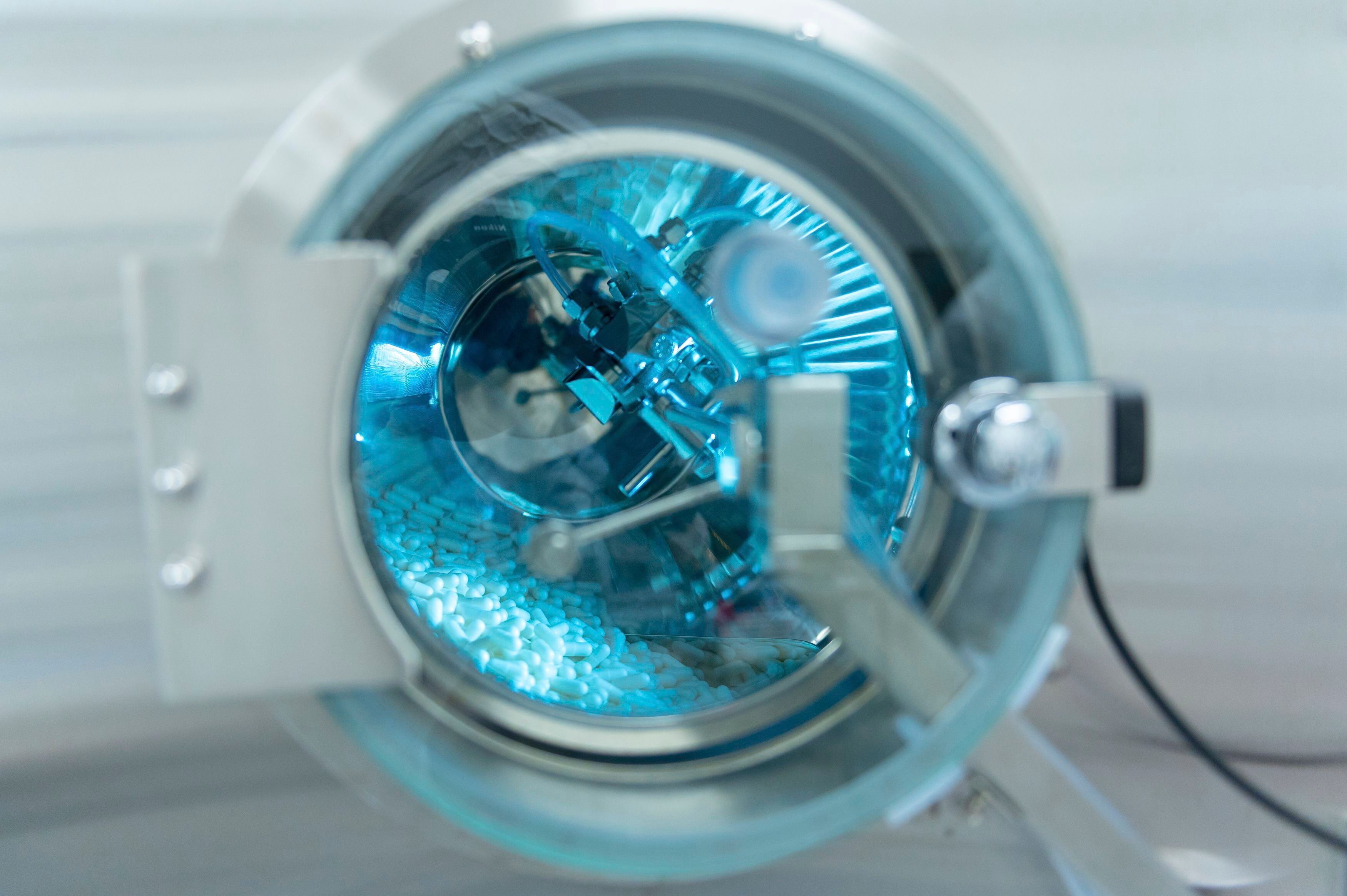FDA approves first-ever pill made from healthy gut bacteria found in human waste
The pill paves way for an easier way of performing so-called faecal transplants

Your support helps us to tell the story
From reproductive rights to climate change to Big Tech, The Independent is on the ground when the story is developing. Whether it's investigating the financials of Elon Musk's pro-Trump PAC or producing our latest documentary, 'The A Word', which shines a light on the American women fighting for reproductive rights, we know how important it is to parse out the facts from the messaging.
At such a critical moment in US history, we need reporters on the ground. Your donation allows us to keep sending journalists to speak to both sides of the story.
The Independent is trusted by Americans across the entire political spectrum. And unlike many other quality news outlets, we choose not to lock Americans out of our reporting and analysis with paywalls. We believe quality journalism should be available to everyone, paid for by those who can afford it.
Your support makes all the difference.US health officials on Wednesday approved the first pill made from healthy bacteria found in human waste to fight dangerous gut infections — an easier way of performing so-called faecal transplants.
The new treatment from Seres Therapeutics provides a simpler, rigorously tested version of stool-based procedures that some medical specialists have used for more than a decade to help hard-to-treat patients.
The Food and Drug Administration cleared the capsules for adults who may have trouble fighting off Clostridium difficile, a bacteria that can cause severe nausea, cramping and diarrhoea.
C. diff is particularly dangerous when it reoccurs, leading to between 15,000 and 30,000 deaths per year. It can be killed with antibiotics but they also destroy good bacteria that live in the gut, leaving it more susceptible to future infections. The new capsules are approved for patients who have already received antibiotic treatment.
More than 10 years ago, some doctors began reporting success with faecal transplants — using stool from a healthy donor — to restore the gut’s healthy balance and prevent reinfections.
The FDA approved the first pharmaceutical-grade version of the treatment last year from a rival drugmaker, Ferring Pharmaceuticals. But that company's product — like most of the original procedures — must be delivered via colonoscopy.
Cambridge Massachusetts-based Seres will market its drug as a less invasive option. The treatment will be sold under the brand name Vowst and comes as a regimen of four daily capsules taken for three consecutive days.
Both of the recent FDA approvals are the product of years of pharmaceutical industry research into the microbiome, the community of bacteria, viruses and fungi that live in the gut.
Currently most faecal transplants are provided by a network of stool banks that have popped up at medical institutions and hospitals across the country.
While the availability of new FDA-approved options is expected to decrease demand for donations from stool banks, some plan to stay open.
OpenBiome, the largest stool bank in the US, said it will keep serving patients who aren't eligible for the FDA-approved products, such as children and adults with treatment-resistant cases. It has supplied more than 65,000 stool samples for C. diff patients since 2013.
"OpenBiome is committed to maintaining safe access to ‘faecal transplantation’ for these patients as a vital last line of defence,” said Dr Majdi Osman, the group's medical chief.
OpenBiome's standard stool treatment costs less than $1,700 and is typically delivered as a frozen solution within days of ordering. Seres has not disclosed what price it would set for its capsules.
“We want to make the commercial experience for physicians and patients as easy as possible,” said Eric Shaff, the company’s chief financial officer, in an interview ahead of the announcement. “Ease of administration — in our view — is one of the aspects of the value we’re delivering.”
Seres will co-market the treatment with Swiss food giant Nestle, which will also split the profits.
Overseeing the fledgling industry of US stool banks has created regulatory headaches for the FDA, which doesn’t traditionally police homemade products and procedures used in doctor's offices. In the early days of the trend, the FDA warned consumers about the risks of potential infections from faecal transplants, as some people sought out questionable “do it yourself” methods from videos and websites.
Seres executives say their manufacturing process relies on the same techniques and equipment used to purify blood products and other biologic therapies.
The company starts with stool provided by a small group of donors who are screened for various health risks and conditions. Their stool is likewise tested for dozens of potential viruses, infections and parasites.
The company then processes the samples to remove the waste, isolate the healthy bacteria and kill any other lingering organisms. Thousands of capsules can be made from each stool sample, making it a more efficient process than current faecal transplants, according to the company.
The FDA warned in a release Wednesday that the drug “may carry a risk of transmitting infectious agents. It is also possible for Vowst to contain food allergens,” the agency noted.
The FDA approved the treatment based on a 180-patient study in which 88% of patients taking the capsules did not experience reinfection after 8 weeks, compared with 60% of those who received dummy pills.
Common side effects included abdominal swelling, constipation and diarrhea.
___
Follow Matthew Perrone on Twitter: @AP_FDAwriter ___
The Associated Press Health and Science Department receives support from the Howard Hughes Medical Institute’s Science and Educational Media Group. The AP is solely responsible for all content.


